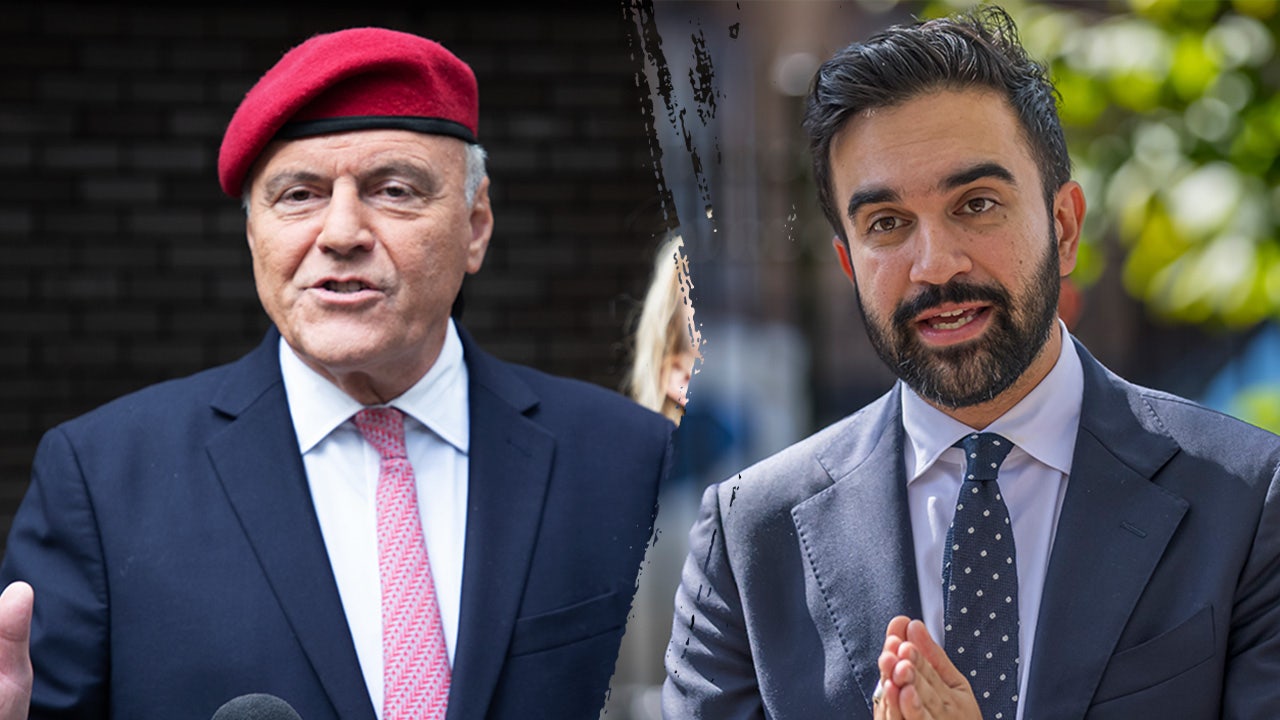OpenAI states it’s sorry it utilized somebody’s copyright without their approval. And it guarantees to do much better in the future.
Test time!
Are we discussing:
OpenAI’s statement on Thursday night that it had “stopped briefly” the capability for Sora users to make videos utilizing the similarity of Martin Luther King Jr., after King’s estate grumbled?
Or are we discussing OpenAI’s statement previously this month, when it stated it would make it harder for Sora users to make videos utilizing the similarity of Hollywood characters, after Hollywood grumbled?
Or are we discussing OpenAI’s statement in 2015, when it stated it would stop utilizing a computer-generated voice that sounded a lot like Scarlett Johansson– after Johansson grumbled, and stated she ‘d rejected OpenAI’s deal to pay her for her voice?
You can see where we’re going here. Let’s spell it out: OpenAI is constructing a performance history of utilizing things it might not have the rights to utilize– and just backtracking when it speaks with rights owners and their legal representatives.
Which leaves us 2 methods to think of that performance history:
- It’s possible that OpenAI is a $500 billion business however is likewise an awkward start-up that moves quick and makes errors, and it’s going to keep doing that.
- It’s likewise possible that when it concerns copyright– whether we’re discussing the things it hoovers approximately train and power its expert system engine, or the output those engines develop– OpenAI is deliberately overlooking issues about who owns and manages that copyright.
My inkling: It’s a little bit of both. Which is what OpenAI and its management have actually stated at numerous times.
” Please anticipate an extremely high rate of modification from us,” OpenAI CEO Sam Altman composed previously this month, when he revealed he was softening what had actually been an extremely aggressive position towards Hollywood. “We will make some excellent choices and some errors, however we will take feedback and attempt to repair the errors extremely rapidly.”
However a day in the past, OpenAI executive Varun Shetty had actually made it clear that OpenAI’s position towards Hollywood and copyright wasn’t a mishap, however a mindful option. Sora had actually introduced with very little limitations due to the fact that other AI-powered media-makers did the very same thing. “We’re likewise in a competitive landscape where we see other business likewise enabling these very same sorts of generations,” Shetty informed reporter Eric Beginner. “We do not desire it to be at a competitive drawback.”
All of which suggests we ought to anticipate OpenAI to keep following the very same pattern: Usage something it might not have the rights to utilize, and determine the information later on. Whether it’s doing that deliberately or erroneously is nearly next to the point. (When requested for remark, OpenAI directed me towards this tweet.)
And all of this definitely will get exercised gradually, as OpenAI and its rivals strike rights handle some business (Disclosure: OpenAI has a business handle publisher Axel Springer, which owns Organization Expert) and combat others in court.
However let’s zoom out. Should you, a regular individual, appreciate the method OpenAI works– or battles– with copyright owners?
Appearance: I’m flattered and happy that you read this story. However it’s most likely not going to affect your life that much.
On the other hand: OpenAI definitely appears like it’s going to be among the leading AI business that is going to improve a great deal of our lives. However in order for that to work, it’s going to require to engage with great deals of various business and markets.
Which “agentic future” OpenAI and others discuss– the one where AI bots carry out all sort of jobs for you– will just work if everybody included trusts the guidelines will not keep altering. Requesting for forgiveness rather of approval has actually worked for OpenAI up until now. At some time, it will not.
Source: Business Insider.
























